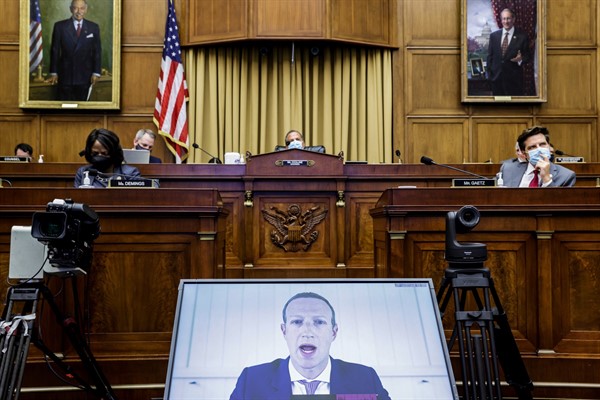There are a few things Facebook executives don’t want you to know. They don’t want you to know that some of its engineers have breached company rules about accessing users’ personal details to stalk women online. They don’t want you to know that members of their security team watched Russian hackers game Facebook’s algorithms and fleece its users for months before the FBI announced its investigation into Russian interference into the 2016 U.S. presidential election. They would prefer that you not think about the fact that it has failed to appoint a single computer science expert to its Oversight Board, the so-called Facebook Supreme Court.
In fact, there are so many ugly truths Facebook doesn’t want you to know, it is surprising that it offered users a special search tool, CrowdTangle, that allows anyone with a bit of patience to measure just how broken Facebook’s business model is. For years, CrowdTangle has allowed journalists and researchers to track just how much hate speech, disinformation and misinformation appears on Facebook. So critics of Facebook were probably not too surprised to learn this week that the Silicon Valley tech giant is effectively shutting it down. The quasi-independent team that oversaw CrowdTangle has been disbanded, and the job of managing the tool will be absorbed by Facebook’s exiting “integrity team.”
Tech watchers were probably even less surprised to learn that it was Kevin Roose at the New York Times that broke the news of CrowdTangle’s fate Wednesday. Almost a year ago, Roose, who covers tech for the Times, famously started a popular Twitter account under the handle @FacebooksTop10, which uses CrowdTangle to announce the 10 Facebook links that gain the most user engagement on the site each day. In so doing, Roose also revealed, much to Facebook’s chagrin, the ways certain media celebrities, mainly on the political right, game the system by generating networks of sympathetic pages to amplify the reach of their posts.

